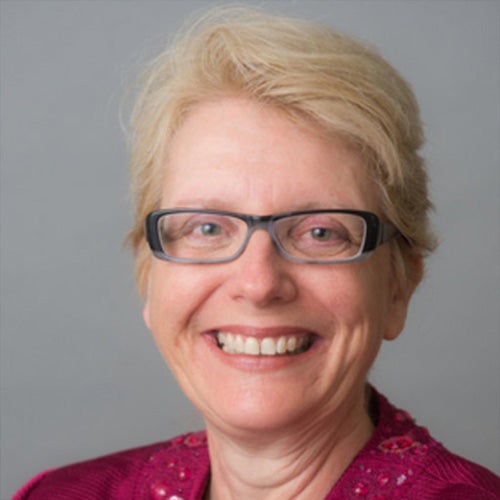Human Science Professor Serves as Guest Co-Editor of Special Journal Edition on ‘Occupational Safety and Health Interventions’
October 25, 2021 – Six years ago, during a United Nations meeting, global leaders made a commitment to the 2030 Agenda for Sustainable Development.
“We recognize that eradicating poverty in all its forms and dimensions, including extreme poverty, is the greatest global challenge and an indispensable requirement for sustainable development,” according to the agenda. “We are committed to achieving sustainable development in its three dimensions – economic, social and environmental – in a balanced and integrated manner.”

The agenda includes 17 broad and interwoven goals encompassing close to 170 specific aims.
To address the eighth goal – “promote sustained, inclusive and sustainable economic growth, full and productive employment and decent work for all” – Dr. Rosemary Sokas, professor of human science at the School of Nursing & Health Studies, and colleagues served as guest editors of a special edition of the International Journal of Environmental Research and Public Health.
‘A Meaningful Voice’
Sokas, a physician with past leadership experiences at the National Institute for Occupational Safety and Health and the Occupational Safety and Health Administration, explained that the project was delayed by the COVID-19 pandemic and papers have been incrementally published over the past two years.
“Decent work encompasses dimensions such as security and income, is based on workers having a meaningful voice, and fundamentally predicated on work that is healthy, safe, and secure,” the editors said.
They noted that “compelling research demonstrates the disproportionate risk” faced by individuals who are underserved, vulnerable, or working in positions where risk is great.
The edition’s 10 research articles deal with topics ranging from COVID-19 and discarded electronic materials, to promoting occupational well-being education and employment sustainability strategies within construction.
Aging Workforce
In addition to her guest editing role, Sokas was lead author of one of the edition’s articles, “Building a Sustainable Construction Workforce.”
“This study explores trade-specific age trends within the construction industry, and the experiences of building trade unions with aging membership,” the abstract noted.
The authors reviewed data, conducted interviews, and identified possible remedies to enhance the experiences of aging workers such as contract protections, management opportunities, and mentorship with newer employees.
By Bill Cessato
